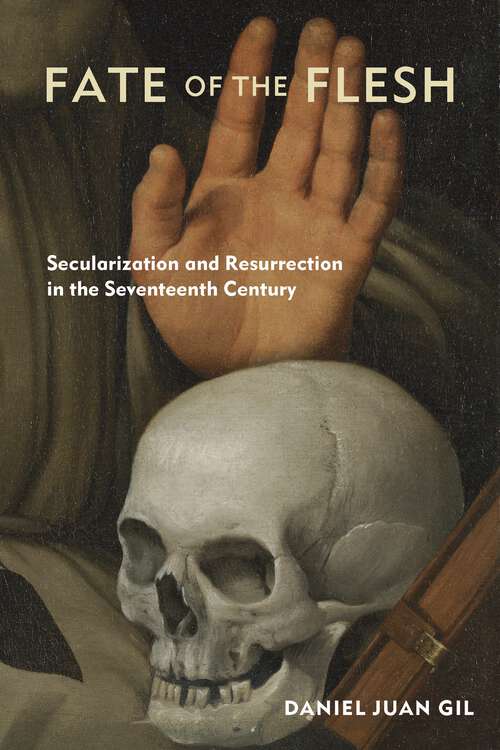
Fate of the Flesh: Secularization and Resurrection in the Seventeenth Century
European history, Criticism, Christianity
Synthetic audio, Automated braille
Summary
In the seventeenth century the ancient hope for the physical resurrection of the body and its flesh began an unexpected second life as critical theory, challenging the notion of an autonomous self and driving early modern avant-garde poetry. As an… emerging empirical scientific world view and a rising Cartesian dualist ontology transformed the ancient hope for the resurrection of the flesh into the fantasy of a soul or mind living on separately from any body, literature complicated the terms of the debate. Such poets as Donne, Herbert, Vaughan, and Jonson picked up the discarded idea of the resurrection of the flesh and bent it from an apocalyptic future into the here and now to imagine the self already infused with the strange, vibrant materiality of the resurrection body.Fate of the Flesh explores what happens when seventeenth-century poets posit a resurrection body within the historical person. These poets see the resurrection body as the precondition for the social person’s identities and forms of agency and yet as deeply other to all such identities and agencies, an alien within the self that both enables and undercuts life as a social person. This perspective leads seventeenth-century poets to a compelling awareness of the unsettling materiality within the heart of the self and allows them to re-imagine agency, selfhood, and the natural world in its light. By developing a poetics that seeks a deranging materiality within the self, these poets anticipate twentieth-century “avant-garde” poetics. They frame their poems neither as simple representation nor as beautiful objects but as a form of social praxis that creates new communities of readers and writers assembled around a new experience of self-as-body mediated by poetry.